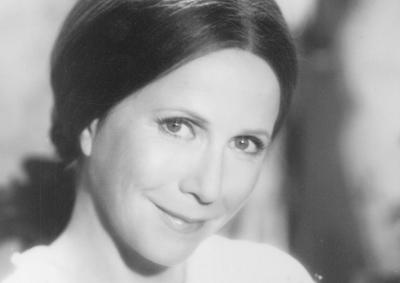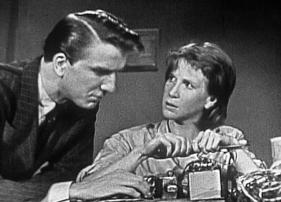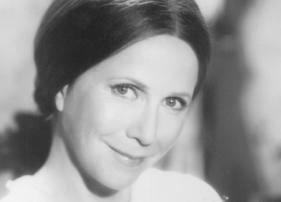The recipient of five Tonys and a Special Lifetime Achievement Tony Award; three Emmys and eleven total nominations; one Grammy and an Oscar nomination, Julie Harris is one of the most honored and accomplished performers in the history of American theater. And as with so many talented young hopefuls who flocked to New York during the post-war years, television played an important role in her development as an actor. Harris cut her teeth in the pressure cooker atmosphere of live television in 1949 and over the next few years, continued to hone her craft in such dramatic anthology series as Actor’s Studio, Starlight Theatre, The United States Steel Hour, and Goodyear TV Playhouse. In 1956, she appeared as Lu in the Hallmark Hall of Fame adaptation of Ferenc Molnar’s “The Good Fairy,” her first of twelve exceptional Hallmark performances over the next 40 years; more than any other actress. Between stints on Broadway and in motion pictures, Harris returned often to television, starring in productions of the prestigious Play of the Week, DuPont Show of the Month, and Hollywood Television Theatre anthologies; in dramatic specials such as The Power and the Glory; in guest-starring roles on, among others, Bonanza, Rawhide, Run For Your Life, Columbo and Family Ties; in TV-movies and mini-series like The Woman He Loved and Backstairs at the White House; and as a regular cast member in three series: Thicker Than Water, The Family Holvak and Knot’s Landing. In recognition of her television work and her unparalleled ability to inhabit characters which delight audiences while at the same time moving them to tears, UCLA Film and Television Archive is pleased to present Kennedy Center honoree Julie Harris in two charming programs spanning 25 years of her long and distinguished career.
Dan Einstein






 Mobile Navigation
Mobile Navigation



